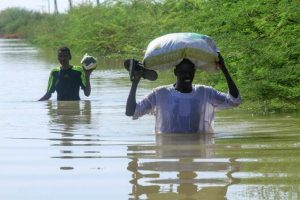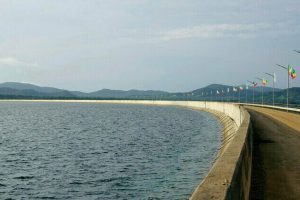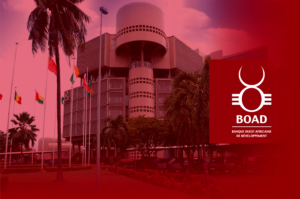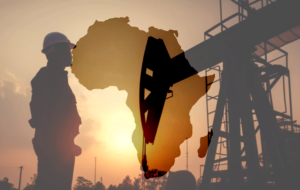Cairo Raises Alarm Over Ethiopia’s Dam Operations Amid Intensifying Nile Floods

Cairo says unilateral decisions on the Grand Ethiopian Renaissance Dam threaten lives, livelihoods, and regional stability
On Friday, CAIRO-Egypt accused Ethiopia of reckless and irresponsible management of the Nile’s floodwaters through unilateral operations of the Grand Ethiopian Renaissance Dam (GERD), warning that the resulting floods threaten lives, livelihoods, and the delicate social and political balance of the region.
![]()
In a strongly worded statement, Egypt’s Ministry of Water Resources and Irrigation said the recent surge in Nile waters, which inundated parts of Sudan and low-lying Egyptian farmland, was directly linked to “Ethiopia’s illegal and uncoordinated dam operations in violation of international law.”
The ministry argued that “these practices lack the most basic principles of responsibility and transparency and represent a direct threat to the lives and security of the peoples of the downstream states.”
Beyond the technical disputes over water flow and flood management, the crisis is stirring deeper tensions with human and cultural dimensions across the Nile Basin.
In the Sudanese borderlands, homes, schools, and farms have been washed away in recent weeks. Families are being forced to flee villages that have stood for generations along the river’s fertile banks. A river long seen as a sustenance, symbol of life and identity.

In Egypt, local authorities have begun implementing emergency precautions in several northern governorates, including Beheira and Monufia, where rising Nile levels have already submerged farmland and low-lying homes. “Citizens and farmers residing on riverbank lands… must evacuate those areas immediately,” read an official notice from the Monufia governorate.
These evacuations carry heavy social costs. Many rural families see the riverbank lands not a property alone, but as ancestral grounds that sustain livelihoods, shape cultural rituals, and anchor communal belonging. The threat of losing them to unpredictable floods has injected fear and resentment into already strained public sentiment.
The Nile flood’s impact also extends to Egypt’s agriculture and trade sectors. Thousands of farmers depend on the river for irrigation, and the sudden fluctuations in water levels have disrupted harvest schedules and damaged crops. Business groups warn that instability in water management could undermine Egypt’s agro-industrial economy, which employs millions and contributes significantly to national GDP.
In Sudan, the damage to infrastructure spanning roads, bridges and irrigation canals, adds new burdens to an economy already reeling from conflict and inflation. Analysts caution that recurring water shocks could deepen food insecurity across the region, potentially driving migration and humanitarian crises.
The Nile dispute has long been at the heart of regional geopolitics. Ethiopia insists that the GERD is essential for its development and electrification goals, describing it as a symbol of national pride. Egypt and Sudan, however, see unilateral dam operations as a direct threat to their water security and as a test of regional diplomacy.
Egyptian Foreign Minister Badr Abdelatty this week reiterated Cairo’s warning that “Ethiopia’s unilateral actions violate international law” and that Egypt “fully retains its right… to defend its existential interests and water rights by all means.”

Prime Minister Mostafa Madbouly convened an emergency meeting Thursday, warning that Nile levels are expected to continue rising through October. “We are taking all necessary precautions,” he said, calling on local authorities to safeguard communities in flood-prone zones.
Experts say the unfolding crisis underscores how environmental mismanagement can escalate into broader political and social instability. The Nile River shares a lifeline connecting the fate of more than 250 million people. When cooperation collapses, everything from food to family stability is at risk.
The latest flooding has thus become more than a technical issue of water control. It has exposed the fragility of regional trust, the vulnerability of rural livelihoods, and the urgent need for a cooperative framework that recognizes both national sovereignty and shared survival.
As the waters rise, so do tensions, and with them the realization that the Nile’s future may determine not only the balance of power in Northeast Africa, but the social and human fabric of millions who depend on its flow.






